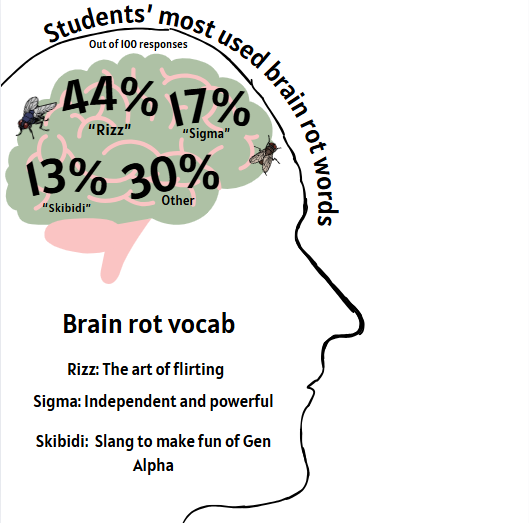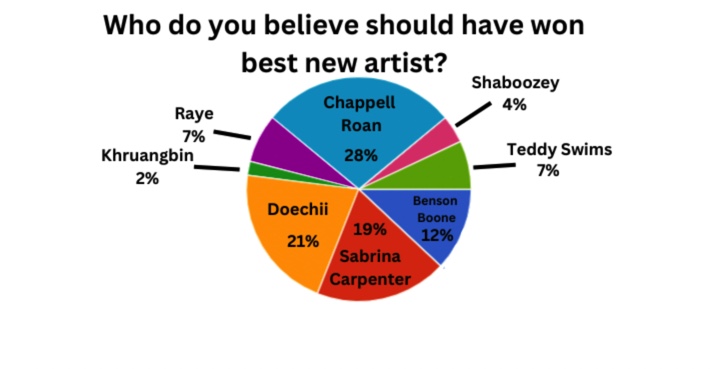Following several recent dog attacks, the Grosse Pointe Shores City Council met on Sep. 19 and voted 4-3 to ban pit bulls and pit bull mixes in Grosse Pointe Shores. Then, on Oct. 10, the City Council narrowly voted to repeal the ban. This prompted the pending legislation in Lansing to prohibit any county in the state from enacting any breed-specific bans. If the pit bull ban had been put into place, individuals would not be allowed to get a new pit bull and live in Grosse Pointe Shores, unless licensed and identified.
As one of four individuals who voted for the new pit bull ban, Councilman John Dakmak believes that in the past pit bulls have shown aggression and have caused injury.”
“I believe that the medical data over the past 20 years has shown that the roughly four different breeds that are commonly referred to as pit bulls are disproportionately the cause for serious bite and death injuries from dogs,” Dakmak said. “The data shows that on average, from year to year, the percentages fluctuate between the high 60s and low 70s of serious injury and death attributed to the pit bull breeds across the country.”
A pit bull owner herself from Grosse Pointe Shores, senior Jacqueline Koerner, is against the ban. Koerner does not believe that the ban will solve the recurring problem and claims that not all dog attacks in the Grosse Pointe Shores area have been from pit bulls in particular.
“I don’t think [the ban] will solve the issue that has been occurring,” Koerner said. “Two dog attacks that happened on my street both were dogs that were not pit bulls or pit bull mixes.”
Koerner isn’t the only owner feeling this way. Math teacher Erica Thacker, a pit bull mix owner, relates and considers the widespread prejudice against pit bulls and pit bull mixes to be highly unfortunate, knowing that it could be disappointing for owners.
“I think that families with pit bulls in the community are going to be in a tough position because I’m sure now they may be considering other options for their pets,” Thacker said. “It’s unfortunate for the breed as a whole because then it reiterates the stigma that already exists in certain places.”




















